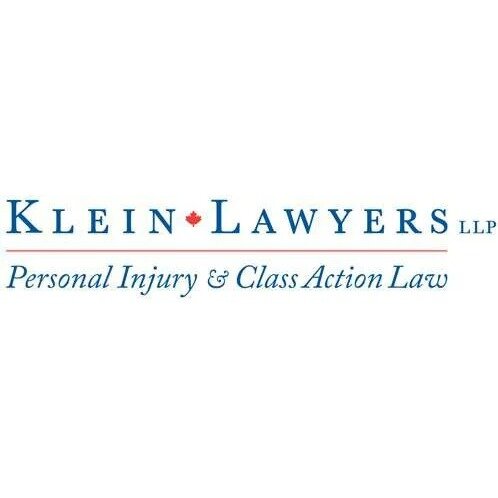Best Truck Accident Lawyers in Vancouver
Share your needs with us, get contacted by law firms.
Free. Takes 2 min.
List of the best lawyers in Vancouver, Canada
About Truck Accident Law in Vancouver, Canada
In Vancouver, Canada, truck accident law is a specialty within personal injury law. It deals with incidents where a commercial truck collides with another vehicle or pedestrian. This field of law takes into account the complex federal and provincial laws that govern the trucking industry. If someone is injured or property is damaged in a truck accident, there can be multiple liable parties including the driver, the trucking company, or the manufacturer of the truck or its components.
Why You May Need a Lawyer
After a truck accident, victims often face expensive medical bills, significant losses, and pain and suffering. Many might not know about the extent of compensation they are eligible for. Finding legal advice is critical in navigating these complex issues. Lawyers who specialize in truck accident law can help establish fault, handle negotiations with insurance companies, and ensure you get the recovery you deserve. They can also navigate the complex regulatory laws applicable to the trucking industry
Local Laws Overview
In the Province of British Columbia, both federal and provincial laws apply to trucking accidents. This includes the Canadian Motor Vehicle Traffic Collision Statistics, the Commercial Vehicle Safety Alliance, and the National Safety Code. Accident victims must report the incident to the Insurance Corporation of British Columbia (ICBC) within a specific timeframe for potential compensation. Accident victims have the right to seek compensation for their injuries or losses, which a legal expert can help you to calculate.
Frequently Asked Questions
What should I do immediately after a truck accident?
First, ensure everyone's safety and call for medical treatment if needed. Contact the police, and provide accurate information about the event. Gather as much evidence as possible, including photos of the accident scene and the damage caused. Finally, it's essential to contact a truck accident attorney to guide you through the next steps.
How long do I have to make a claim after a truck accident?
In British Columbia, the period is generally two years from the date of the accident. However, it's crucial to contact an attorney as soon as possible after your accident, to give them ample time to investigate and prepare your case.
Who can be held responsible in a truck accident case?
Potentially liable parties can include the truck driver, the owner of the trucking company, the truck or parts manufacturer, and other third parties involved. Identifying the liable parties can be complicated due to the many professionals and entities involved in the trucking industry.
Can I still file a claim if I was partially at fault in the accident?
Yes, under the comparative fault rule in British Columbia, you can still file a claim even if you were partially responsible for the accident. The compensation awarded will reflect the degree of your responsibility.
What kind of compensation can I expect from a truck accident claim?
Compensation may cover medical expenses, lost income, property damage, and pain and suffering. The amount varies depending on the severity of the injury, the degree of fault, and various other factors.
Additional Resources
Resources can include the Insurance Corporation of British Columbia (ICBC), Transport Canada, and local legal aid agencies that provide free or low-cost legal help. You might also find local non-profit organizations and support groups for accident victims to be helpful sources of support and information.
Next Steps
If you need legal assistance after a truck accident, first gather all possible information and evidence connected to your case. Then, contact a lawyer specializing in truck accident law. They will guide you through the legal process and negotiate with insurance companies to ensure your rights are protected and that you receive maximum compensation.
Lawzana helps you find the best lawyers and law firms in Vancouver through a curated and pre-screened list of qualified legal professionals. Our platform offers rankings and detailed profiles of attorneys and law firms, allowing you to compare based on practice areas, including Truck Accident, experience, and client feedback.
Each profile includes a description of the firm's areas of practice, client reviews, team members and partners, year of establishment, spoken languages, office locations, contact information, social media presence, and any published articles or resources. Most firms on our platform speak English and are experienced in both local and international legal matters.
Get a quote from top-rated law firms in Vancouver, Canada — quickly, securely, and without unnecessary hassle.
Disclaimer:
The information provided on this page is for general informational purposes only and does not constitute legal advice. While we strive to ensure the accuracy and relevance of the content, legal information may change over time, and interpretations of the law can vary. You should always consult with a qualified legal professional for advice specific to your situation.
We disclaim all liability for actions taken or not taken based on the content of this page. If you believe any information is incorrect or outdated, please contact us, and we will review and update it where appropriate.









